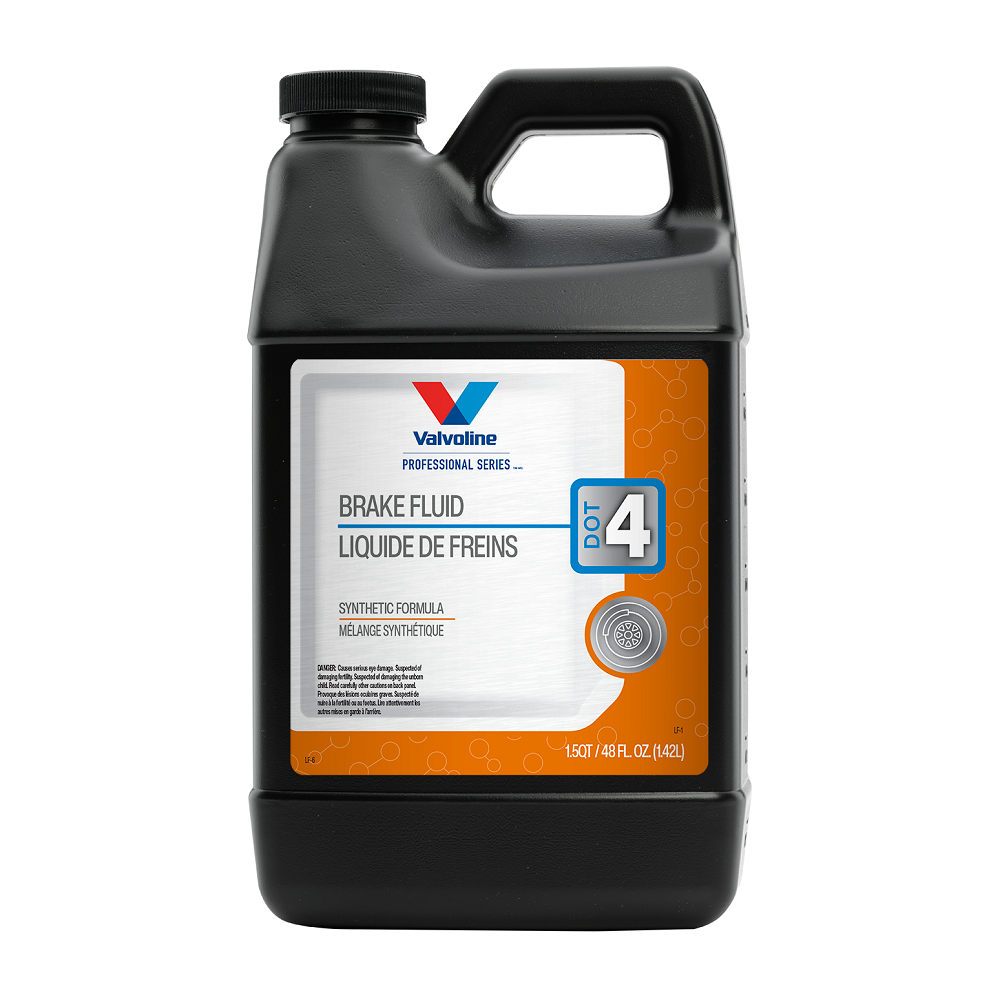Introduction to Brake Fluid
Understanding the Role of Brake Fluid
Brake fluid is a critical component of any vehicle’s braking system. It serves as hydraulic fluid that allows the brake pedal to transmit force from your foot to the brake pads. When you press the brake pedal, brake fluid travels through the brake lines, causing the brake pads to clamp down on the rotors. This action slows down the vehicle or brings it to a stop. Understanding how brake fluids functions in your vehicle helps highlight its importance for safety and performance.
Types of Brake Fluid
There are several types of brake fluids available, classified mainly into two categories: DOT (Department of Transportation) ratings. The most commonly used are DOT 3, DOT 4, and DOT 5.1 fluids, which are glycol-based and absorb moisture over time. DOT 5 is silicone-based and does not absorb moisture, but it is not compatible with the glycol-based fluids. Each type has different boiling points and characteristics, so selecting the appropriate brake fluids for your vehicle is essential for optimal performance.
Importance of Regular Maintenance
Regular maintenance of your vehicle’s braking system is crucial to ensure its safety and efficiency. Brake fluids should be replaced periodically to prevent issues that can arise from its degradation. Old or contaminated brake fluids can lead to reduced braking performance, increased stopping distances, and even brake failure. Understanding the signs that indicate the need to replace brake fluid is vital for every driver, ensuring safety on the road and prolonging the life of the braking system.
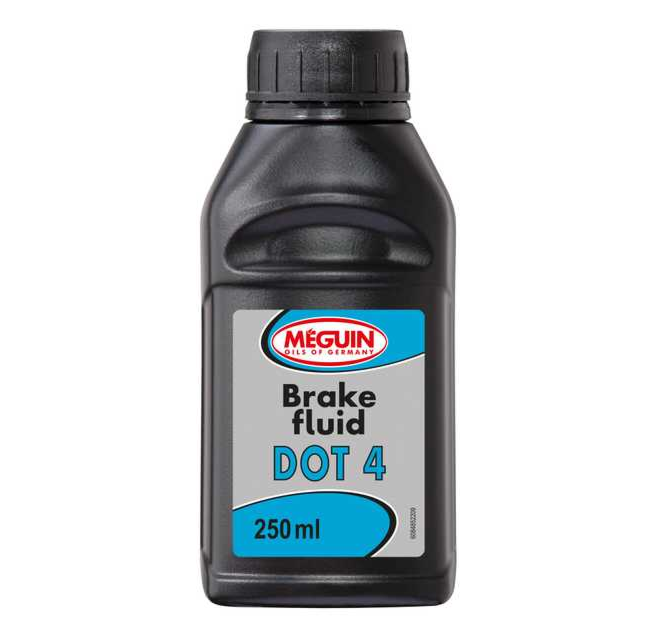
Signs You Need to Replace Brake Fluid
Discoloration of Brake Fluid
One of the most apparent signs that your brake fluids needs replacement is discoloration. Fresh brake fluid is typically clear or a light amber color. Over time, the fluid can become dark brown or black due to contamination and oxidation. This discoloration often indicates the presence of moisture or debris, meaning the fluid’s effectiveness may be compromised. If you notice any significant changes in color when inspecting the fluid, it’s advisable to have it replaced promptly.
A Spongy or Soft Brake Pedal
A spongy or soft brake pedal is another warning sign that could indicate an issue with your brake fluids. When you press the brake pedal, it should feel firm and responsive. If the pedal sinks to the floor or feels soft underfoot, this may suggest air trapped in the brake lines or degradation of the brake fluids. In such cases, moisture or contamination within the fluid can cause the hydraulic pressure to decrease, leading to ineffective braking. Addressing this issue as soon as possible is essential for maintaining safety on the road.
Presence of Moisture in Brake Fluid
Moisture can significantly affect the performance of brake fluid. Brake fluid is hygroscopic, meaning it absorbs moisture from the atmosphere over time. When this occurs, the boiling point of the brake fluid decreases, leading to the risk of brake fade during heavy use. To check for moisture, you can use a moisture tester or take your vehicle to a mechanic for an inspection. If the brake fluid contains excess moisture, it needs to be replaced to maintain optimal performance and safety.
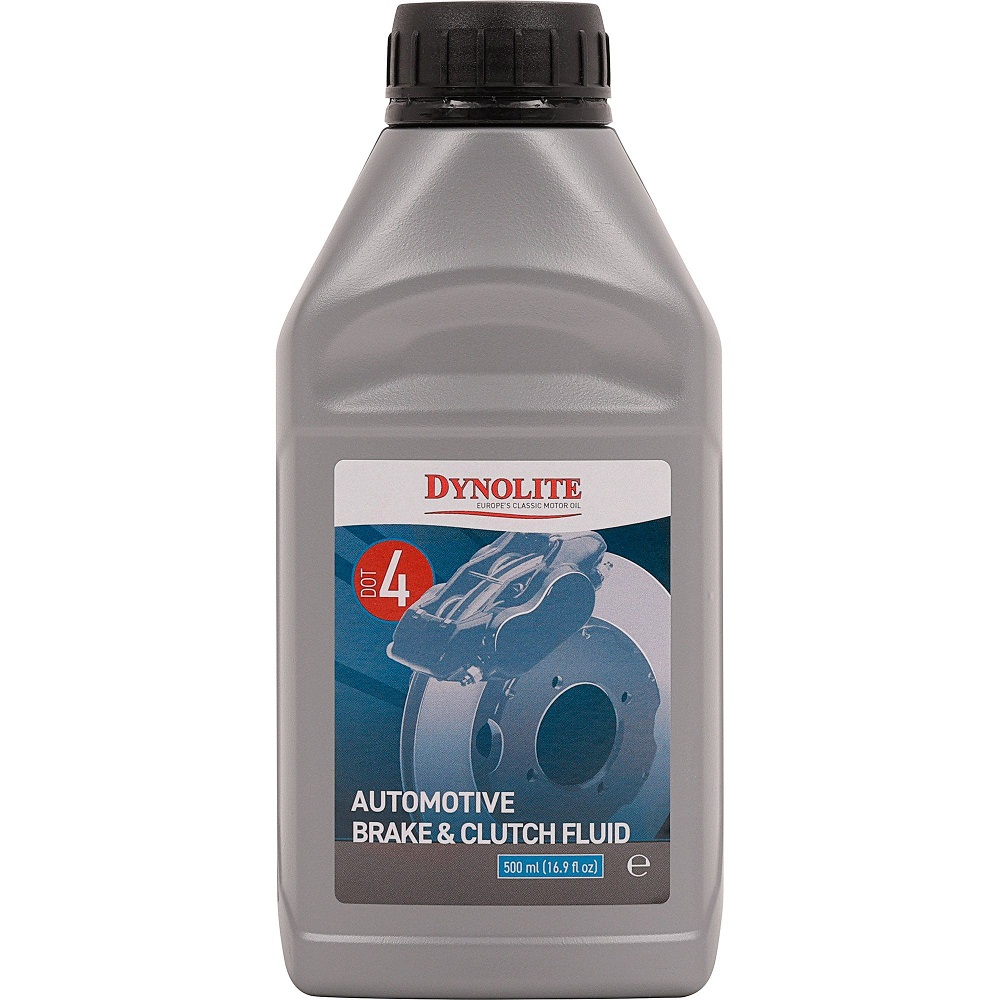
The Impact of Old Fluid
Reduced Brake Performance
Old or contaminated brake fluid can severely compromise braking performance. As moisture accumulates in the fluid, it becomes less effective at transferring force from the pedal to the brakes. This reduced efficacy can result in increased stopping distances, making it harder for drivers to react quickly in emergencies. Maintaining fluid quality is paramount for ensuring reliable and responsive brakes that can perform effectively under various driving conditions.
Increased Risk of Corrosion
Another concern associated with old brake fluid is the potential for corrosion within the braking system. As brake fluid absorbs moisture, it creates a corrosive environment for metal components such as brake lines, calipers, and master cylinders. This moisture leads to rust and deterioration of these critical parts over time. It’s also important to note that brake fluid is specially formulated for the braking system, and if you’re wondering, “Can you use power steering fluid for brake fluid?” the answer is a clear no. Using the incorrect fluid, such as power steering fluid, can damage the seals and components in the braking system, leading to failure and costly repairs. Replacing brake fluid regularly with the correct type is essential for preventing corrosion and ensuring a longer lifespan for your vehicle’s braking components.
Possible Brake System Failure
The most serious consequence of neglecting brake fluid maintenance is the potential for brake system failure. If the brake fluid becomes contaminated or significantly degraded, it may lead to complete brake failure. This catastrophic scenario can occur suddenly and without warning, putting the driver and others on the road at risk. Regularly checking and replacing brake fluid helps identify potential issues early, ensuring that your vehicle remains safe and functional.
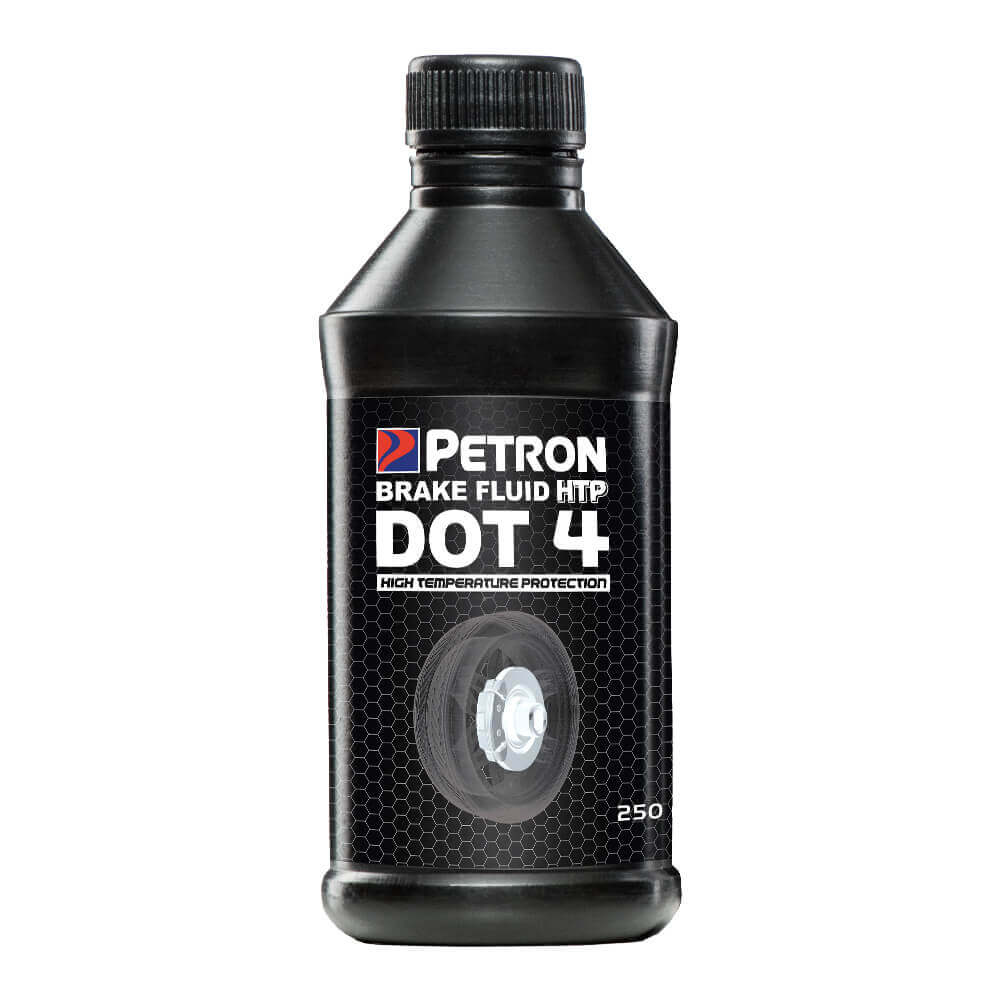
Maintaining Your Fluid
Regular Inspections
To maintain the health of your brake fluids, regular inspections are essential. Vehicle owners should check the brake fluid level and color every few months. Many cars come equipped with transparent reservoirs that allow you to easily assess the fluid level and quality. If you notice any discoloration or a drop in the fluid level, it’s a sign that further investigation is necessary. Regular inspections not only help maintain fluid quality but also promote overall brake system health.
Recommended Replacement Intervals
Most manufacturers recommend replacing brake fluid every two to three years, depending on the vehicle and driving conditions. However, fluid change intervals can vary based on several factors, including climate, how often you drive, and whether you engage in performance driving. Consult your vehicle’s owner manual for specific recommendations regarding brake fluid maintenance. Following these guidelines will help ensure the safety and reliability of your braking system.
Professional Maintenance Services
While checking your brake fluid at home is important, it is advisable to have a professional mechanic perform comprehensive brake system maintenance periodically. Mechanics are equipped with the knowledge and tools needed to test the brake fluids for moisture content and other contaminants. They can also flush and replace the fluid if necessary. Professional inspections can help identify potential issues, ensuring that your vehicle remains safe on the road.
Understanding Fluid Types
The Importance of Compatibility
When replacing brake fluid, it is crucial to use the correct type compatible with your vehicle. Mixing different types of brake fluids can lead to undesirable reactions, potentially compromising the performance of your braking system. For example, adding DOT 5 silicone-based fluid to a vehicle designed for DOT 3 or DOT 4 glycol-based fluid can cause significant issues. Always refer to your owner’s manual or consult a knowledgeable mechanic to ensure you choose the right fluid for your specific vehicle.
The Role of DOT Standards
The Department of Transportation (DOT) establishes standards for brake fluids in the United States. These standards help ensure that various types of brake fluids meet safety and performance requirements. Brake fluids are categorized by DOT ratings, with each rating indicating specific boiling point temperatures and performance characteristics. Learning about these ratings can help you understand which fluid best suits your vehicle and its driving conditions, making it easier to select the proper replacement.
Evaluating Additional Features
When considering different brake fluids types, some fluids are formulated with additives that can enhance performance. For example, some formulations may include corrosion inhibitors to protect metal components from moisture damage. Additionally, racing brake fluids often have higher boiling points, making them suitable for high-performance vehicles. Understanding how these additives can benefit your specific driving situation can help you choose the right fluid for optimal performance.
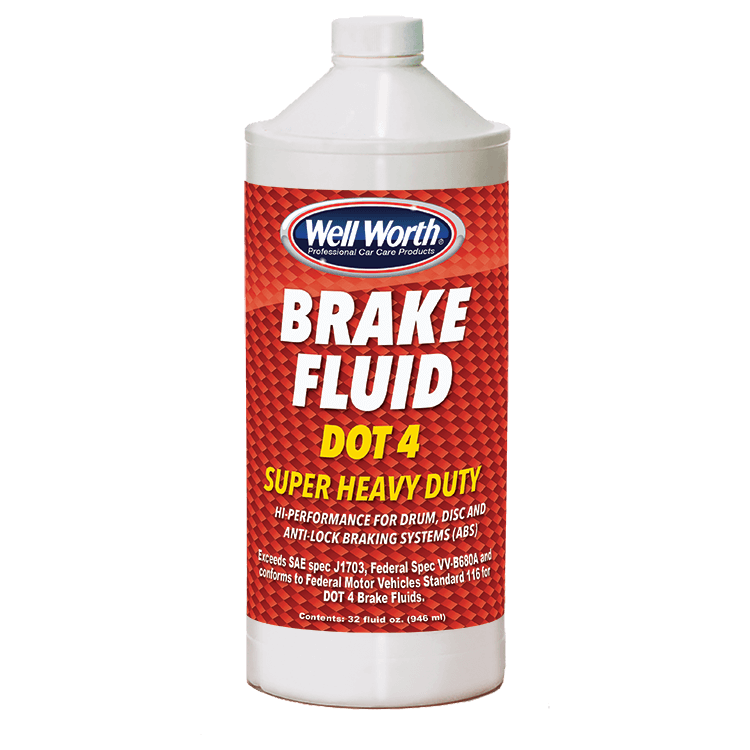
The Seasonal Impact on Fluid
Preparing for Seasonal Changes
Seasons can significantly affect the performance of brake fluid, and it’s essential to prepare for these changes. In colder weather, brake fluid can become more viscous, impacting its performance. The ability of fluids to absorb moisture can lead to increased corrosion risks during winter months. It is good practice to check and replace brake fluid before the season changes, ensuring that your vehicle is ready for any road conditions. Regular maintenance can enhance your vehicle’s performance during shifting weather patterns.
Driving Conditions and Brake Fluids
During hot weather, brake fluids may experience increased heat buildup during extended driving or when driving through hilly areas. Excessive heat can lead to a phenomenon known as brake fade, where the fluid’s boiling point is reached, compromising its effectiveness. Ensuring that your brake fluid is in good condition can enhance its performance in various driving situations. Keep an eye on brake fluid levels and conduct regular inspections during peak driving seasons.
Adapting to Environmental Factors
If you live in an area with fluctuating temperatures or harsh weather conditions, consider evaluating your brake fluid more frequently. The effects of temperature changes can lead to condensation forming within brake lines, increasing moisture levels and potentially damaging the brake system over time. Adapting your maintenance routine based on local climate and driving conditions can help prolong the life of your brake system and ensure safe performance.

Conclusion: The Importance of Fluid Maintenance
Prioritizing Safety and Performance
In summary, regular brake fluids maintenance is crucial for safe and optimal vehicle performance. By recognizing the signs that suggest it’s time to replace your brake fluids, you can proactively address issues before they lead to more significant problems. Regular inspections, timely replacements, and choosing the correct type of brake fluids enhance safety on the road. Prioritizing brake fluid maintenance ultimately contributes to overall vehicle reliability.
The Impact of Knowledge
Understanding the importance of brake fluids, its types, and how it functions within the braking system empowers drivers. Knowledge of this crucial component allows for informed decisions concerning vehicle maintenance and personal safety. When you can identify potential problems with your brake fluids, you can take measures to preserve the integrity of your vehicle’s braking system.
A Commitment to Regular Maintenance
Finally, viewing brake fluid as a critical element of your vehicle’s performance leads to a more comprehensive maintenance approach. As a responsible driver, committing to regular inspections and fluid replacements solidifies your commitment to safety on the road. By being proactive, you not only enhance your vehicle’s performance but also provide peace of mind when driving. Your dedication to vehicle upkeep will ensure you can navigate your journeys, confident in the knowledge that you are investing in your safety each time you start your engine.
